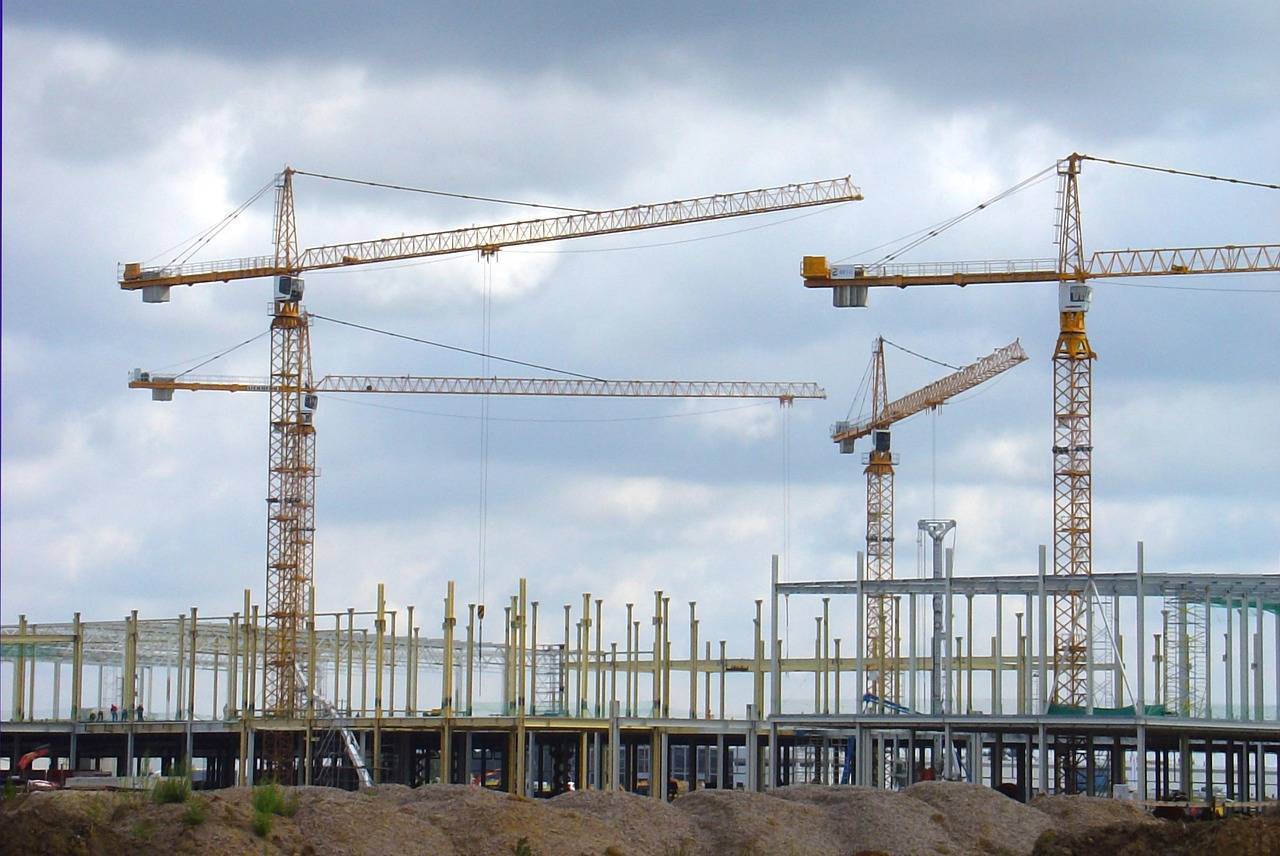In a decisive step toward sustainable urban water management, the Bangalore Water Supply and Sewerage Board (BWSSB) has announced plans to make greywater recycling mandatory for all newly constructed buildings and detached houses in Bengaluru. This initiative aims to conserve freshwater, reduce dependence on the Cauvery river, and support groundwater recharge, particularly as the city grapples with rapid urbanization and recurrent water shortages.
The Need of Time!
In January 2025, a joint study by the Bangalore Water Supply and Sewerage Board (BWSSB) and the Indian Institute of Science (IISc) found that groundwater levels in Bengaluru had declined sharply, with some areas recording drops of up to 25 metres. Around 80 wards and 110 villages, which relied heavily on groundwater, were at high risk of severe water shortages during the previous summer.
Policy Expansion and Background
Currently, the requirement for wastewater treatment and reuse applies primarily to apartment complexes with more than 120 flats. Under this rule, developers of large residential projects are obligated to implement treatment systems to recycle greywater — the wastewater generated from kitchens, bathrooms, and laundry, excluding toilet waste.
However, with Bengaluru’s population continuing to grow and climate change exacerbating water scarcity, authorities believe that expanding this rule to include smaller residential projects and individual houses is now essential. Experts have widely supported the initiative, noting that greywater recycling not only reduces demand for freshwater but also alleviates pressure on the city’s drainage infrastructure.
BWSSB officials highlight the inefficiency in current water management practices. The board spends thousands of crores to pump 2,225 million litres of Cauvery water daily from nearly 100 km away. Roughly 40% of this water is used for non-essential purposes such as gardening and cleaning, often being discharged into drains after a single use. By recycling greywater, the city can potentially cut non-essential water wastage by 40–50%, while simultaneously recharging underground aquifers.
Understanding Greywater and Its Significance
Greywater refers to wastewater generated from domestic activities such as washing dishes, laundry, bathing, and kitchen use, explicitly excluding toilet waste, which is classified as blackwater. In most urban households, a substantial portion of water consumed is greywater, which, if untreated, is usually discharged into municipal drains and often wasted.
Recycling greywater allows this relatively clean wastewater to be reused for non-potable purposes such as gardening, flushing toilets, cleaning, and cooling systems, thereby reducing the consumption of freshwater. Studies indicate that greywater constitutes 50–70% of daily domestic wastewater, which means that a well-managed recycling system can save thousands of liters of water per household per year.
With Bengaluru facing water stress due to population growth, urban sprawl, and climate variability, greywater recycling is seen as an essential tool to manage water demand sustainably. Experts highlight that without effective greywater management, increasing reliance on distant freshwater sources like the Cauvery river will become unsustainable.
Implementation Strategy for Greywater Recycling
According to a senior BWSSB official, the greywater recycling mandate will initially apply only to upcoming construction projects. Retroactive enforcement in existing homes and buildings is expected to be challenging due to structural constraints and the high costs of retrofitting treatment systems. “We plan to introduce this measure in a phased manner, starting with new buildings and detached houses. A detailed set of guidelines will be framed and submitted to the government for approval soon,” the official said.
The policy framework will require builders to install separate pipelines for greywater and blackwater (toilet waste). Greywater collected from sinks, bathrooms, and laundry will be routed to a separate storage tank, treated through filtration and disinfection systems, and reused for non-potable purposes such as gardening, toilet flushing, and cleaning.To ensure efficiency and prevent contamination, households will be mandated to keep soap wrappers, plastics, and solid waste out of the greywater stream. Soak pits or filters will purify the water, and regular maintenance, including at least annual cleaning, will be required to maintain hygiene and groundwater quality.
Dr Ram Prasath Manohar, an environmental expert, lauded the move as a “forward-looking step to secure Bengaluru’s water future.” He emphasized that once implemented effectively, the policy could serve as a model for other Indian cities facing similar urban water challenges.
Environmental and Social Benefits
Greywater recycling offers multiple benefits for cities like Bengaluru:
- Water Conservation: Reduces freshwater demand from rivers and reservoirs.
- Groundwater Recharge: Treated greywater can be directed to soak pits and recharge wells.
- Reduced Sewage Load: Less water entering drainage systems reduces the risk of overflow and flooding.
- Cost Savings: Households can reduce municipal water bills by reusing treated greywater.
- Sustainable Urban Growth: Encourages developers and planners to adopt eco-friendly building practices.
By mandating greywater recycling, the city also aligns with global best practices in sustainable urban water management. Cities like Singapore, Tokyo, and Melbourne have successfully implemented large-scale greywater reuse programs, demonstrating both environmental and economic benefits.
Broader Context of Urban Water Management
Bengaluru has long relied on the Cauvery river to meet the demands of its rapidly growing population. With over 12 million residents, the city faces high water stress, especially during summer months and periods of insufficient rainfall. In addition to greywater recycling, authorities are exploring other measures such as rainwater harvesting, leak detection in pipelines, and community awareness campaigns to promote water conservation.
Greywater recycling has multiple benefits: it reduces dependence on freshwater, lowers the burden on sewage systems, and enhances groundwater recharge. For developers, it provides an opportunity to align with sustainable building practices, which are increasingly demanded by homebuyers and regulatory authorities.
Citizen-Led Oversight in Urban Bengaluru
Bengaluru residents have also been proactive in addressing infrastructure and regulatory issues. In AECS Layout near Brookefield and Kundalahalli, volunteers identified 30 high-rise buildings allegedly violating sanctioned plans set by the Greater Bengaluru Authority (GBA). According to residents, these structures exceeded the approved floor counts — with some reaching G+6, G+7, or G+8 floors against sanctioned G+2 or G+3 plans.The unregulated vertical growth has reportedly contributed to sewage overflow, garbage accumulation, traffic congestion, and shrinking footpaths. Through surveys conducted on local WhatsApp groups, over 270 residents expressed strong opposition to the illegal constructions and the proliferation of PG accommodations, which they claim have further strained existing infrastructure.
Despite filing complaints with the GBA (formerly BBMP), many flagged buildings were completed without enforcement action, leaving residents frustrated. Volunteers have now urged authorities to demolish non-compliant structures and direct utilities like BWSSB and Bescom to disconnect water and power connections where violations persist.
Government Response and Challenges
Officials have acknowledged the difficulties in enforcing building norms, citing a lack of clarity from the government regarding how to handle violations and whether to take action or regularise constructions. The GBA’s East corporation has sent notices to developers of non-compliant buildings, with follow-up measures, including potential demolition or utility disconnection—under consideration. Authorities emphasized that maintaining the city’s infrastructure integrity will require stricter monitoring alongside active community engagement.
Towards Sustainable Urban Living
Bengaluru’s move to mandate greywater recycling represents a proactive and innovative step to manage urban water sustainably. By reusing domestic wastewater for non-potable purposes, the city can reduce freshwater demand, improve groundwater recharge, and lower stress on drainage networks.
Coupled with community monitoring of construction and infrastructure compliance, these initiatives demonstrate the potential of policy, technology, and civic engagement working together to create a resilient urban ecosystem. As Bengaluru continues to expand rapidly, balancing growth with environmental sustainability will be crucial. Greywater recycling is not only a technical solution but a social and environmental imperative that can safeguard the city’s water future and serve as a model for other growing urban centers in India.









.png)